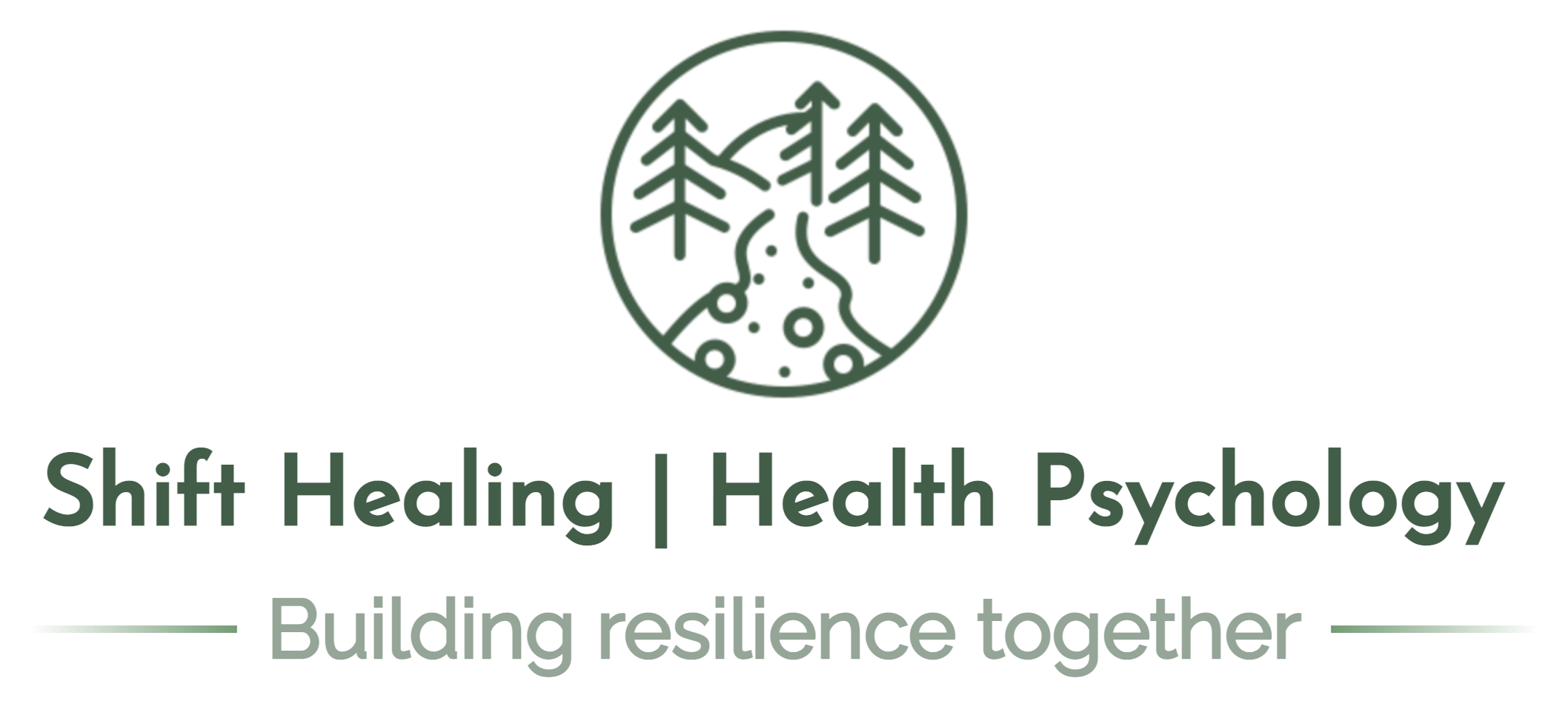Grief & Bereavement Counseling
Bereavement refers to the process of living after the death of a loved one, and grief is a reaction for any form of loss. Both encompass a wide range of emotions such as fear, anger and deep, deep sadness.
The process of adapting to a loss can dramatically change from person to person, depending on his or her background, beliefs, relationship to the person who’s died, and other factors. Bereavement does not follow a clear trajectory and is not something to “get over”. Our society tends to struggle with the sadness and suffering of others. Therefore, grief and bereavement can be isolating experiences.
Common experiences of grief can be physical, emotional or social.
A few common symptoms in these categories are:
Physical
- Crying and sighing
- Headaches
- Loss of appetite
- Difficulty sleeping
- Weakness
- Fatigue
Emotional
- Feelings of sadness and yearning
- Feelings of worry or anger
- Feelings of frustration or guilt
Social
- Feeling detached from others
- Self-isolation from social contact
- Behaving in ways that are not normal for you
Every grieving experience is different. A person may be able to continue their day-to-day routine after one loss, yet not be able to get out of bed after the loss of someone else. Whatever your personal symptoms are, grief and bereavement counseling have been proven to help. Our grief experts will provide compassion, patience, and guidance in the bereavement process.
If you are experiencing grief-related thoughts, behaviors, or feelings that are distressing, please contact us today.

